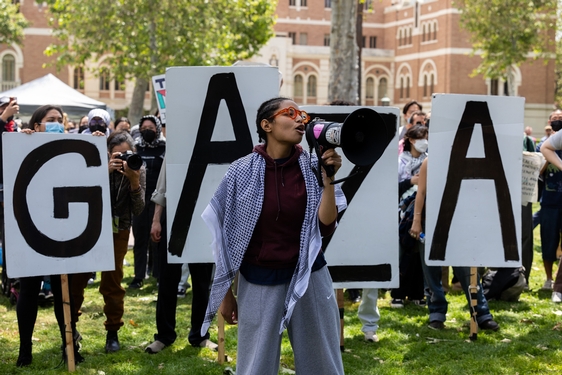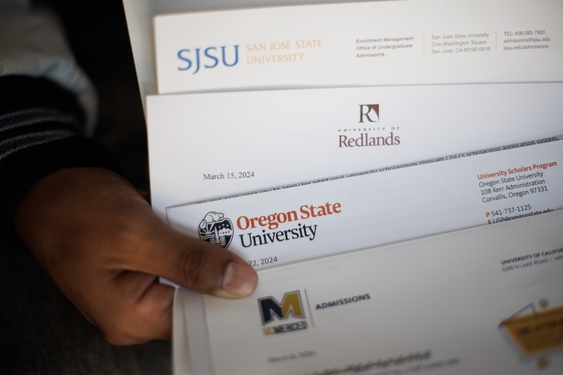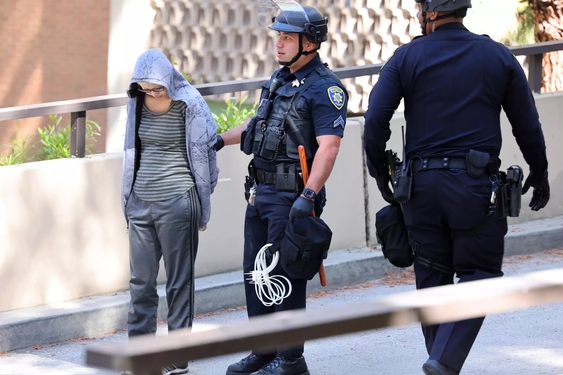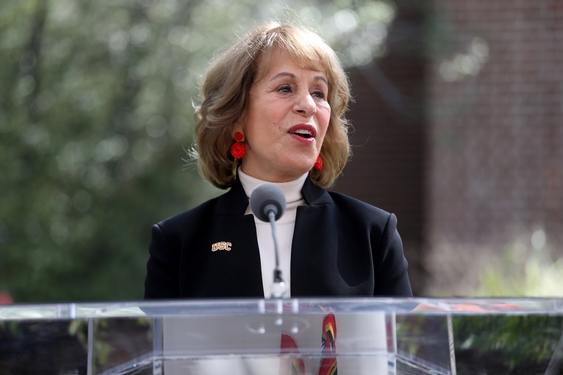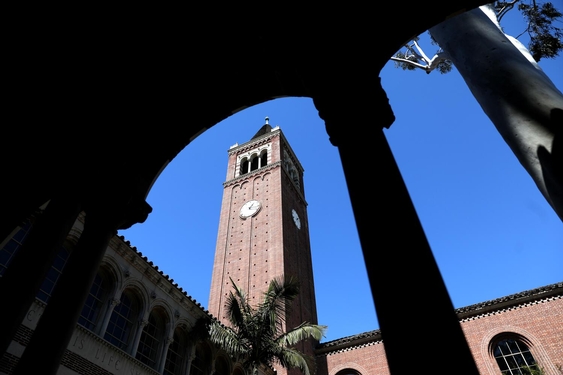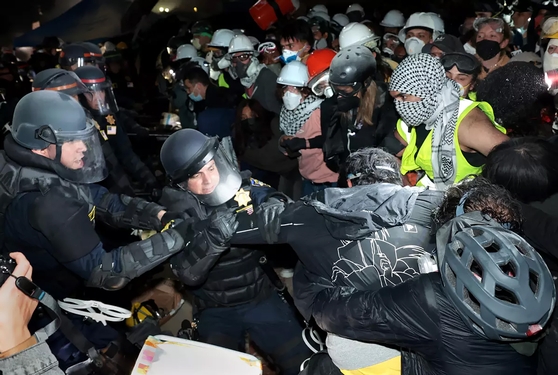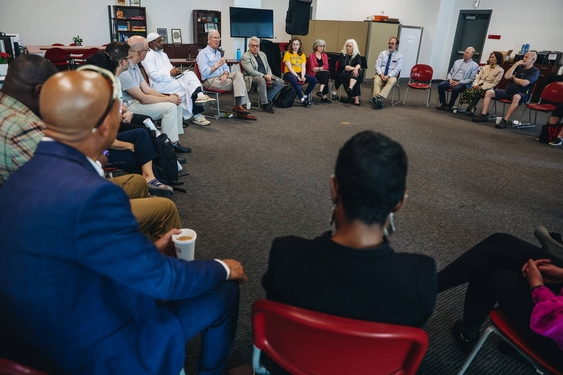Students Taking Action Now: Darfur, or STAND, is at the forefront of student activism for the region, hosting a conference with 300 attendees in August, preparing a national speaking tour this fall and launching its most recent initiative, the Darfur Fast, which was held Oct. 6.
With the fast, the group hoped participants would abstain from a luxury or meal and donate the money saved to Sudan genocide relief efforts. Participants in the fast came from more than 20 countries and more than 100 colleges. Though the group was excited to have humanitarians like Archbishop Desmond Tutu registered for the fast, STAND had students in mind when planning the event, realizing many may have limited resources.
"We [were] not asking for too much, and participants [didn’t] have to give up a whole lot. This fast [got] people involved who may not have been activists otherwise," said Patrick Schmitt, national STAND coordinator and founding member. "Our motto the whole time has been ‘doing as much as we can with what we have.’"
STAND was founded in September 2004 at Georgetown University in Washington, D.C., after students learned that more than 200,000 people were dead and at least 2.4 million were displaced in the Sudanese genocide. Based on a desire to help the young organization has grown quickly, now boasting chapters at more than 200 campuses and high schools.
Schmitt said that the group never expected to garner the response it received. He credits the impact of STAND on the enthusiasm of students around the country.
"Our success is a true testimony to students out to make a difference and not waiting for someone else to make the first move," Schmitt said. "There really wasn’t an organization out there especially for students to get involved in this cause."
During its first year, the organization functioned as a grassroots group with
student chapters passing out fliers, spreading awareness on their campuses of
the devastation in the Sudan, and implementing other projects such as The Divestment
Project. The ‘de-investing’ campaign rallies for universities and states
to cease investing in Sudanese companies until the genocide has stopped.
As more students became involved, knowledge of STAND also grew. In May 2005 mtvU
and the Reebok Human Rights Foundation gave a $40,000 grant to the organization.
The grant also created a partnership with mtvU, the largest network catering specifically
to college students, allowing the group increased exposure of its events via airtime
and the mtvU Web site.
STAND’s work caught the attention of mtvU general manager Stephen Friedman, who said in a press release, "These college students are taking the lead in standing up for human rights. We’re proud to give them the megaphone to help make their voices heard."
Those in STAND advocate for an increased presence of the crisis in the American media, as Schmitt referred to the current amount of coverage as "entirely unacceptable."
"You can’t fight genocide it you don’t know about it," he said.
With the variety of civil rights and grassroots organizations focusing on causes from stopping the war in Iraq, to ending the slaughter of animals for food and clothing, many may wonder why students in STAND have chosen to focus their energies on the Sudan genocide.
But for people like Schmitt it’s simple: In 10 or 15 years when he reads about the atrocities in the Sudan he will take comfort in knowing he and others worked hard and did what they could.
"We will be able to say ‘we were there’ and that we did something," he said. "We won’t be on the wrong side of history."
(For additional information or to learn how to start a STAND chapter on your campus, visit www.standnow.org.)
© 2005, Knight Ridder/Tribune Information Services.






